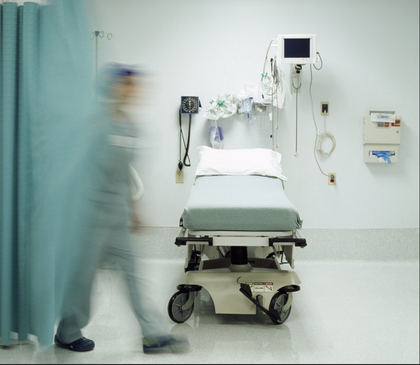
At the end of the article, Dr. Poorman also provides some excellent suggestions that may work to better equip new physicians with the help and services they need to address their mental health issues, in addition to helping them build resiliency, one of the biggest keys of all.
"By the end of my first year of residency, I knew I was in trouble.
I was overwhelmed by the 15-hour days, the unbearable sadness of the tragedies I witnessed, my feelings of impotence and my fears of making a mistake.
My life was my work and everything else seemed to be falling apart: my physical health, my relationships, my ability to sleep after months of night shifts.
Yet, I came to work every day. I completed every task. And then I'd go home each night and cry. An administrator pulled me aside one morning: “How’s it going?” she asked.
I began to sob. “Well, get yourself together and get ready for the day,” she said. I dried my tears off in the bathroom and readied for the rest of my 12-hour shift...
... In writing this piece, I've come to realize that we continue to treat mental health disorders in medical training and practice as the exception. But in reality, mental health disorders in residency are the rule, and those who never experience them are the exception. And though it is common, it should not be dismissed as “normal.” We should not tell trainees, as I was told by numerous colleagues and my own providers, that “this is just residency.” I had clinical depression, and it was very treatable once I was able to get adequate care."
For the full article, click here:
http://www.wbur.org/commonhealth/2016/08/19/depression-resident-doctor?utm_campaign=npr&utm_content=20160821&utm_medium=social&utm_source=facebook.com&utm_term=nprnews
 RSS Feed
RSS Feed
